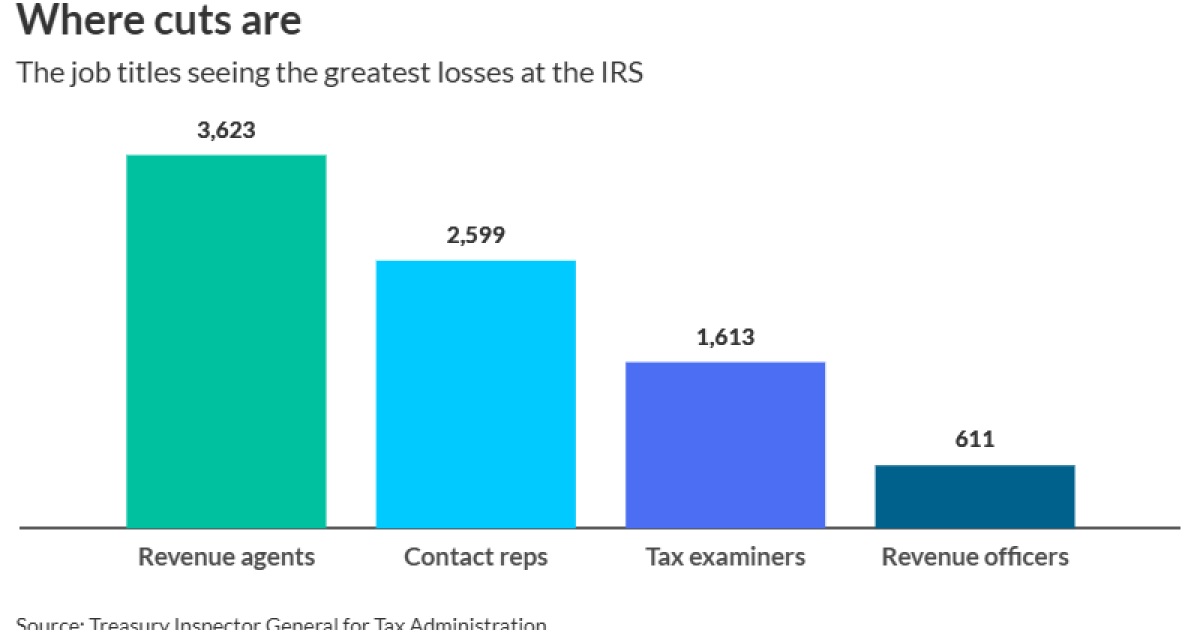As CPA firms prepare for the 2025 tax season, artificial intelligence is transforming how they manage tax returns, communicate with clients and handle administrative tasks.
AI can improve efficiency, accuracy and client experience, helping firms streamline processes and reduce manual work. By utilizing AI-powered tools like SafeSend, TaxCaddy, and Aiwyn, firms can optimize tax workflows, improve financial management and deliver the advisory services clients increasingly demand.
Whether you prepare returns internally or outsource them, AI drives innovation across the board.
Automating data aggregation
The process of gathering tax-related documents from clients has long been a bottleneck. AI tools like SafeSend and TaxCaddy are designed to automate and streamline this process.
- SafeSend Returns: SafeSend Returns helps automate the assembly, delivery and approval of tax returns. Automating the collection of signatures (such as Form 8879) and securely delivering returns to clients removes the need for repetitive manual follow-up. The platform integrates e-signature capabilities, ensuring tax returns can be reviewed, signed and submitted electronically, reducing delays and human error.
- TaxCaddy. TaxCaddy makes the document collection process smoother by providing clients with a secure platform to upload their tax forms (W-2s, 1099s, K-1s, etc.). Its AI-driven data extraction capabilities automatically capture relevant information from uploaded documents, eliminating the need for manual data entry. AI also helps TaxCaddy send reminders to clients, ensuring they submit all necessary documents on time and reminding them to make estimated tax payments.
Both SafeSend and TaxCaddy are equally effective for internally prepared and outsourced returns. They provide consistent, efficient workflows, reducing time spent on administrative tasks and allowing firms to handle a higher volume of returns with greater ease — in other words, they increase capacity.
Streamlining delivery and e-filing
Once the firm prepares returns, AI-driven solutions play a critical role in automating the review, delivery and filing processes:
- AI-powered review. AI algorithms can quickly review tax returns, flagging missing forms, potential errors or discrepancies. This step ensures tax returns are complete and accurate before they’re sent to clients, reducing the risk of IRS notices or audits.
- Smart delivery systems. AI tools like SafeSend automate the delivery of tax returns to clients. These platforms can securely send the completed returns for client review, allowing for real-time updates and approval status tracking. Clients can sign electronically, accelerating the process and filing returns promptly.
- Automated e-filing. After client approval, AI systems can automatically trigger electronically filing returns with the IRS. Integrating AI into the e-filing process reduces the manual steps, ensuring faster, error-free submissions. It also reduces the administrative burden on staff so they can focus on more complex tasks.
Automating extensions and 7216 compliance
Filing tax extensions can be a time-consuming process when it requires manually tracking deadlines and client readiness. AI simplifies this process by automating extensions and compliance with legal requirements:
- Automating extensions. AI systems can automatically identify clients who are likely to need an extension based on incomplete documentation or prior filing patterns. The system can automatically generate the necessary forms, such as Form 4868 for individual returns or Form 7004 for businesses. Then, it can submit those forms electronically to reduce the risk of missed deadlines.
- Compliance with IRS Code 7216. IRS Code 7216 requires firms to obtain client consent before sharing taxpayer information when outsourcing tax return preparation to third-party providers. AI can streamline this compliance process by generating and managing the necessary consent forms. It can also automate engagement letter creation, ensuring the firm obtains all legal disclosures and client consents, reducing the risk of penalties for non-compliance.
By automating critical compliance steps, AI helps firms mitigate risks and maintain legal standards while outsourcing work.
Enhancing billing and financial management
AI isn’t only revolutionizing tax preparation; it’s also transforming how CPA firms manage billing, collections and overall cash flow. Tools like Aiwyn use AI to automate and optimize these processes:
- Packaging and pricing services. Aiwyn’s AI-powered platform helps CPA firms bundle services and develop dynamic pricing strategies. By analyzing historical data, AI can suggest optimal pricing for tax services, ensuring that firms maximize profitability while staying competitive.
- Automated billing and invoicing. Aiwyn automates the billing process, reducing the time between service delivery and invoice generation. AI can monitor work in process and generate invoices based on completed tasks, helping firms reduce the time it takes to send invoices and collect payments.
- Improving cash flow. AI also assists in the collections process by sending automated reminders for outstanding invoices and following up with clients. By reducing accounts receivable and minimizing overdue payments, firms can improve their cash flow and reduce the administrative burden on staff.
Elevating client experience
As firms automate routine tasks through AI, they can focus more on delivering what clients genuinely value — advisory and consulting services. Clients today expect more than tax preparation; they want personalized advice and strategic planning. By freeing up time through automation, firms can provide higher-level services that help clients achieve their financial goals.
AI also enhances the client experience by improving communication and transparency. Tools like SafeSend and TaxCaddy offer real-time updates, automated reminders and secure communication channels, giving clients a more seamless, efficient interaction with their advisors. This elevated client experience builds trust and long-term relationships, which are essential for firm growth.
AI is reshaping the tax practices of CPA firms, providing powerful tools like SafeSend, TaxCaddy and Aiwyn to automate data collection, return preparation, delivery, compliance and billing. These technologies help firms streamline their workflows, reduce errors and improve cash flow, while allowing team members to focus on higher-value services like advisory and consulting. By adopting AI-driven processes, CPA firms can handle tax season with greater efficiency, enhance the client experience, and deliver the strategic guidance clients expect in today’s fast-evolving business landscape.
Firms integrating AI now will be well-positioned for success in the 2025 filing season and beyond. The AI train has left the station. It is time to embrace AI, as it will only accelerate. The transformation triangle requires change management, process management and project management. All of which are driven by leadership and the firm’s vision.
Think — plan — grow!


 Economics1 week ago
Economics1 week ago
 Accounting1 week ago
Accounting1 week ago
 Blog Post4 days ago
Blog Post4 days ago
 Economics1 week ago
Economics1 week ago
 Personal Finance1 week ago
Personal Finance1 week ago
 Economics6 days ago
Economics6 days ago
 Personal Finance1 week ago
Personal Finance1 week ago
 Finance1 week ago
Finance1 week ago











